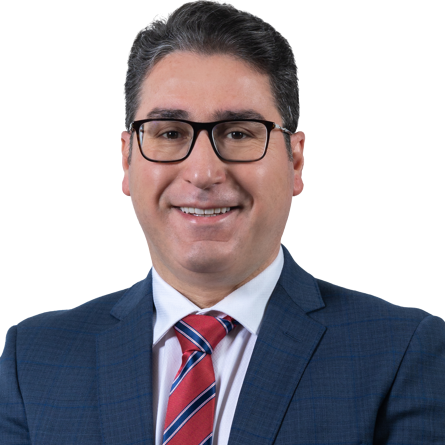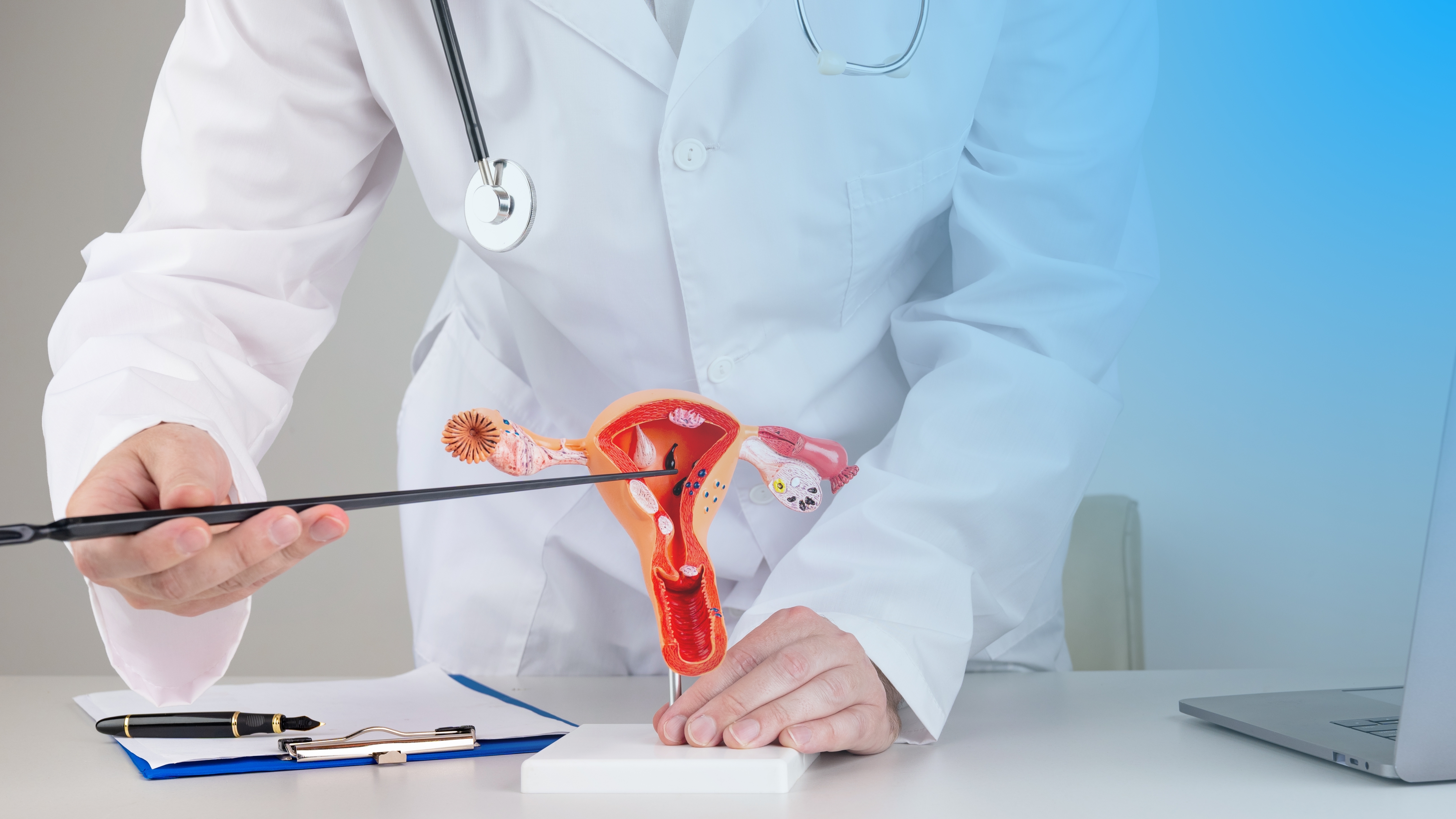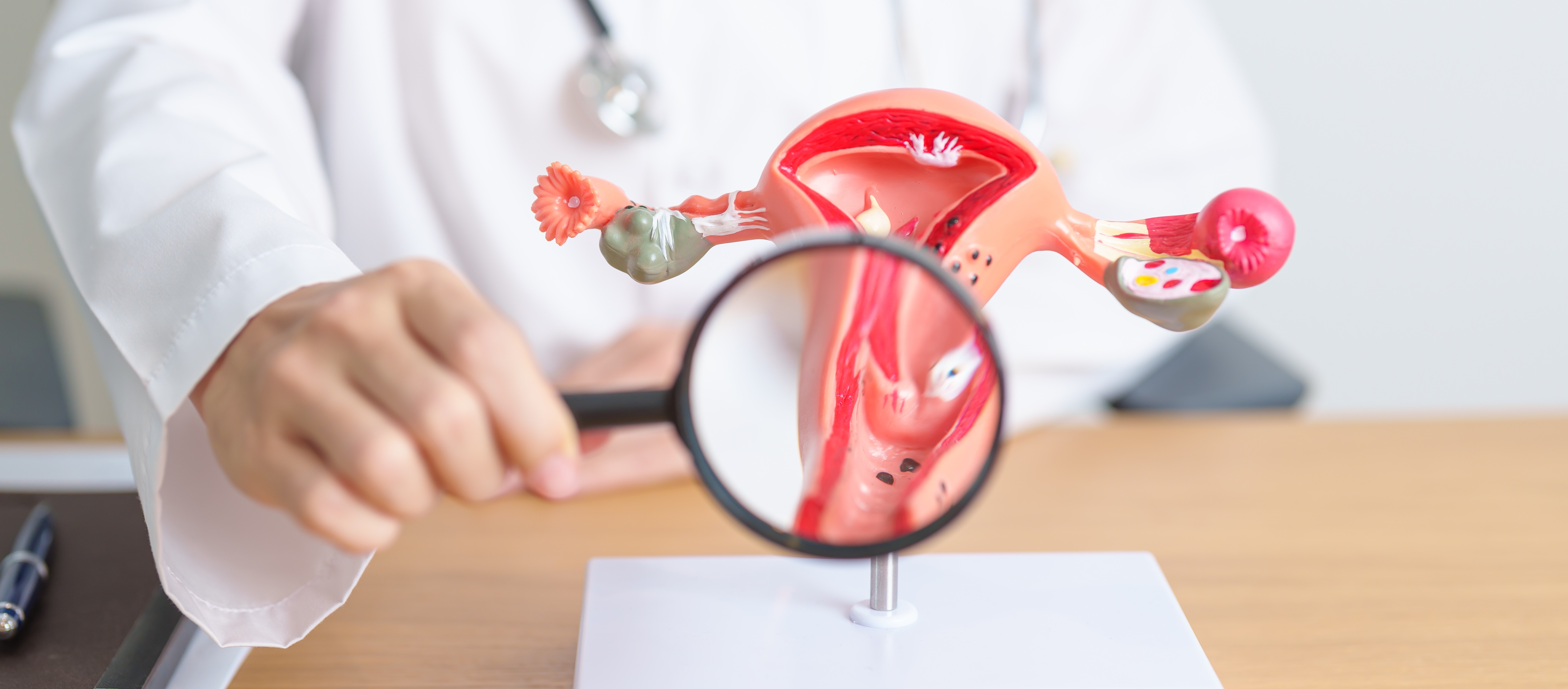Heart Disease: Symptoms, Causes, Early Signs, Types, Treatment and More
Written By: Dr. Mohamed Fathi
Updated On:December 22, 2023

What is heart disease?
Any condition that prevents the heart from pumping blood effectively can be termed a type of heart disease. There are many possible causes for heart disease, each producing a variety of symptoms that can greatly affect your daily life. These include in-born structural defects, ischemia, damaged valves, hypertension, cardiomyopathies and inflammation.
However, having some basic information regarding these can help you detect early warning signs and prevent the manifestation of chronic heart disease through timely treatment.
What are the symptoms of heart disease?
Most symptoms overlap with the many causes of heart disease. These symptoms arise mainly because the body tissue’s needs are not being met by the impaired blood supply. You might experience:
- Chest pain
- Shortness of breath
- Fatigue
- Weakness.
With increasing severity, chest or shoulder pain is a common occurrence with activity.
Other symptoms may include:
- Nausea
- Indigestion
- Fainting
If you have a vascular condition, such as narrowing of vessels, heart disease symptoms may be exaggerated and could include organ-specific issues.
Is heart disease age-specific?
As with the rest of the body, aging affects the performance of the heart. For example, increasing fat deposition, weakened valves and the loss of cardiac elasticity are normal effects of aging. Naturally, this could make the possibility of developing heart disease higher. However, defects present at birth will cause symptoms as early as infancy.
Do the symptoms of heart disease differ for men and women?
The risk of heart disease is much higher in men than women owing to biological differences. Similarly, slightly different patterns have been observed in women. These include unnoticeable or no chest pain, dizziness, sleep disturbances, extreme fatigue, back discomfort, nausea and vomiting rather than the chest pain men experience
How does heart disease present in children?
The symptoms of heart disease differ greatly in children. Infants might have pale/blue tinged skin, a condition called cyanosis, due to the ineffective pumping of oxygenated blood. Low weight, stunted development, fatigue on physical activity, even difficulty during suckling could also result from heart disease.
When to see a doctor for heart disease
Detecting early warning signs and regular check-ups can help prevent chronic heart disease. If you are experiencing breathlessness or fatigue, or even mild chest pain when going about your daily schedule, it is best if you visit the doctor as soon as possible. If you have a family history of heart disease or other complications such as diabetes, it is recommended that you monitor your diet and activity even if you experience no obvious symptoms.
Causes of heart disease
The different types of heart disease are categorized according to their underlying mechanism, such as ischemic or coronary heart disease, infection, valvular damage, conditions affecting cardiac muscle, or they may be in-born or ‘congenital’ defects. Hypertension is also another major cause of heart disease.
The most common types of heart disease are:
- Hypertensive Heart Disease
- Coronary Heart Disease
- Congenital heart diseases.
- Valvular heart diseases like Rheumatic Heart Disease.
- Cardiac Arrhythmias.
Cause of coronary heart disease
Coronary heart disease results from the obstruction of a main vessel or branches of the coronary artery, which supplies the heart itself. The blockage is most commonly due to the deposition of cholesterol on the walls of the vessel. It is more common in men and post-menopausal women due to higher blood cholesterol levels. The reduced blood flow to the cardiac muscle results in chest pain, a condition called ‘Angina Pectoris’, typically ranging from 15 seconds to 15 minutes. As the blood flow becomes less compatible to the demand, a person at risk can experience a heart attack, or myocardial infarction. This results eventually in muscle death in part of the heart, and may presents with chest pain, nausea, fatigue, and can be fatal.
Causes of septal defects
The exact cause is unknown, but it could stem from genetic problems. The most common form of congenital heart disease are septal defects. Your heart is divided into 2 halves by a wall or ‘septa’ which separates the chambers on each side. This helps prevent the deoxygenated and oxygenated blood from mixing. However, it is fairly common for a defect to be present, resulting in a hole. Nearly 40% of diagnosed congenital heart diseases are ventricular septal defect (VSD): a hole allowing communication between the two ventricles. Because the left side pumps blood with greater pressure, left to right flow occurs. Only 20-30% of these are isolated defects, whereas others occur with other malformations. Approximately 50% of newborns diagnosed are female. The symptoms of VSD include increased pulmonary blood flow and pressure, and surgical correction is important especially in the case of larger holes.
Cause of Patent Ductus Arteriosus
The causes of patent ductus arteriosus (PDA) include genetic defects, premature birth, and infections during pregnancy. 90% of cases are isolated with females at higher risk. Before birth, blood flows from the pulmonary artery into the aorta via a duct. This duct closes naturally at birth as blood pressure in the aorta rises. However, if it does not, it will result in some blood cycling back instead of being distributed to the body. It is asymptomatic at birth. More severe with wider PDA, symptoms include a burdened pulmonary system and a characteristic machine-like sound or ‘murmur’. Closure of PDA as soon as possible is recommended. However, the maintenance of PDA by administering drugs is preferred in cases of accompanying aortic or pulmonary outflow obstruction to provide an alternative passage.
Cause of Rheumatic Heart disease
Rheumatic heart disease is caused by previous streptococcal infection at any age. It is a health concern in places with poor sanitation, late diagnosis or incomplete treatment of the infection. This heart disease affects heart valves, making them tougher and hence restricting blood flow through them. It is a common cause for ‘mitral stenosis’ which means blood can’t flow easily between the 2 left chambers, reducing output. The diagnosis is confirmed by the presence of abnormal heart sounds. The heart may become dilated and more muscular leading to chronic heart disease. Abnormal heart beat, or arrhythmia, is another complication.
Causes of Hypertensive Heart disease
Increased workload due to stress, obesity and smoking causes left sided or systemic hypertensive heart disease. To compensate, the heart becomes more muscular and this could lead to ischemic heart disease, if left unchecked. Chronic heart disease of this kind can eventually cause the right side to become affected, too.
Arrhythmia
Abnormal heart beat, or arrhythmia may occur on its own or commonly as a result of ischemic heart disease or electrolyte imbalance, causing your heart to beat slower (bradycardia), faster (tachycardia) or with abnormal rhythm (other irregular arrhythmia). The inability of your heart to beat normally means that blood output is ineffective. This produces symptoms such as light headedness, fainting and even heart failure if severe. If treatment via drugs is insufficient, pacemakers may be placed to correct the issue.
Risk Factors for heart disease:
Being exposed to certain risk factors makes you more susceptible to heart disease as they may be affecting your heart’s function silently through different mechanisms. The following factors, both avoidable and unavoidable, increase your chances of developing heart disease:
- Age
- Family history
- Sex
- Race
- Obesity
- High cholesterol
- High blood pressure
- Smoking
Complications of heart disease
Untreated heart disease can gradually diminish your heart’s ability to meet your body’s needs. In some cases, complications arise insidiously and are life threatening. It can result in:
- Heart failure
- Heart attack
- Stroke
- Aneurysm
- Sudden cardiac death
Treatment of heart disease
Treatment for coronary heart disease
For coronary heart disease, clearing the obstruction either by noninvasive procedure called angioplasty, or surgically, also medical treatment using vasodilators and drugs to modify cholesterol treatments are common treatments, with good prognosis depending on timely diagnosis.
Surgical treatment of heart disease
Surgical repair of congenital malformations or installation of prosthetic valves in case of damaged heart valves are also common treatments.
Treatment of hypertensive heart disease
The best treatment for hypertensive heart disease is managing hypertension. If your blood pressure is approximately 140/90 mm Hg, changes in diet, exercise, drugs for decreasing cholesterol levels, and blood thinners such as aspirin may be prescribed.
Prevention of heart disease
Fortunately, making important, but manageable, changes to your lifestyle can help keep you away from heart disease. You can prevent heart disease by:
- Exercising regularly
- Being consistent with check-ups
- Controlling salt and fat intake
- Eating more fruits and vegetables
- Managing conditions like high blood pressure and diabetes
- Maintaining good hygiene
- Getting enough sleep
- Avoiding stress triggers
- Avoid smoking and alcohol
Home remedies for heart disease
Certain food substances can help improve heart disease if used as supplements with treatment:
- Potassium and magnesium rich foods
- Ginger
- Pomegranate
- Green tea
- Omega 3 fatty acids
For more information on symptoms, causes, early signs, types, and treatment of heart disease, get in touch with us.
Meet our doctors from the Cardiology department





















